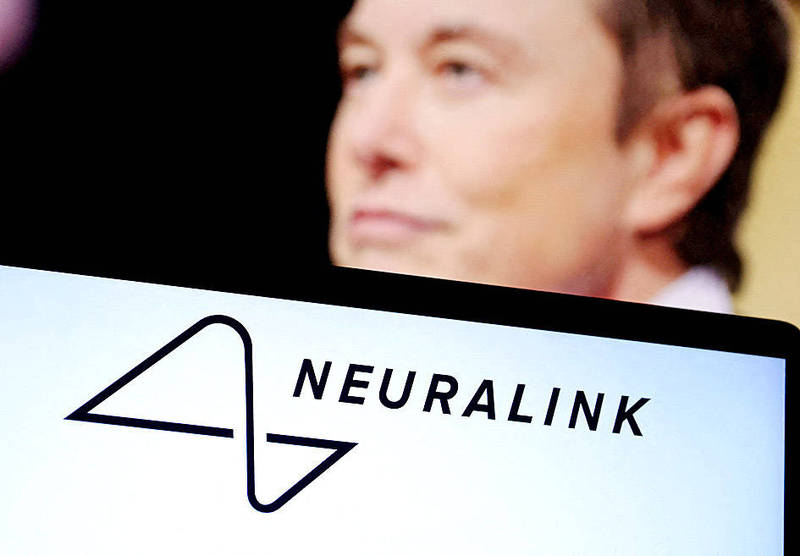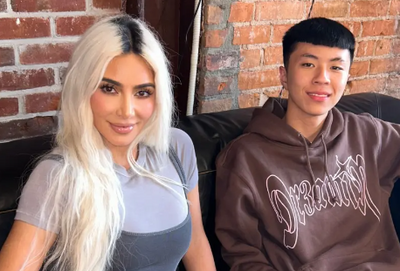《TAIPEI TIMES》 Musk’s Neuralink implants brain chip in first human trial
/ Reuters
The first human patient received an implant from brain-chip start-up Neuralink on Sunday and is recovering well, company founder Elon Musk said.
“Initial results show promising neuron spike detection,” Musk said in a post on the social media platform X on Monday.
Spikes are activity by neurons, which the US National Institute of Health describes as cells that use electrical and chemical signals to send information around the brain and to the body.
The US Food and Drug Administration had given the company clearance last year to conduct its first trial to test its implant on humans, a critical milestone in the start-up’s ambitions to help patients overcome paralysis and a host of neurological conditions.
In September, Neuralink said it received approval for recruitment for the human trial.
The study uses a robot to surgically place a brain-computer interface (BCI) implant in a region of the brain that controls the intention to move, Neuralink said previously, adding that its initial goal is to enable people to control a computer cursor or keyboard using their thoughts alone.
The implants’ “ultra-fine” threads help transmit signals in participants’ brains, Neuralink has said.
The first product from Neuralink would be called Telepathy, Musk said in a separate post on X.
The start-up’s PRIME Study is a trial for its wireless brain-computer interface to evaluate the safety of the implant and surgical robot.
Neuralink has faced calls for scrutiny regarding its safety protocols. Reuters reported earlier this month that the company was fined for breaching US Department of Transportation rules regarding the movement of hazardous materials.
The company was valued at about US$5 billion in June last year, but four lawmakers in late November asked the US Securities and Exchange Commission to investigate whether Musk had misled investors about the safety of its technology after veterinary records showed problems with the implants on monkeys included paralysis, seizures and brain swelling.
新聞來源:TAIPEI TIMES

















